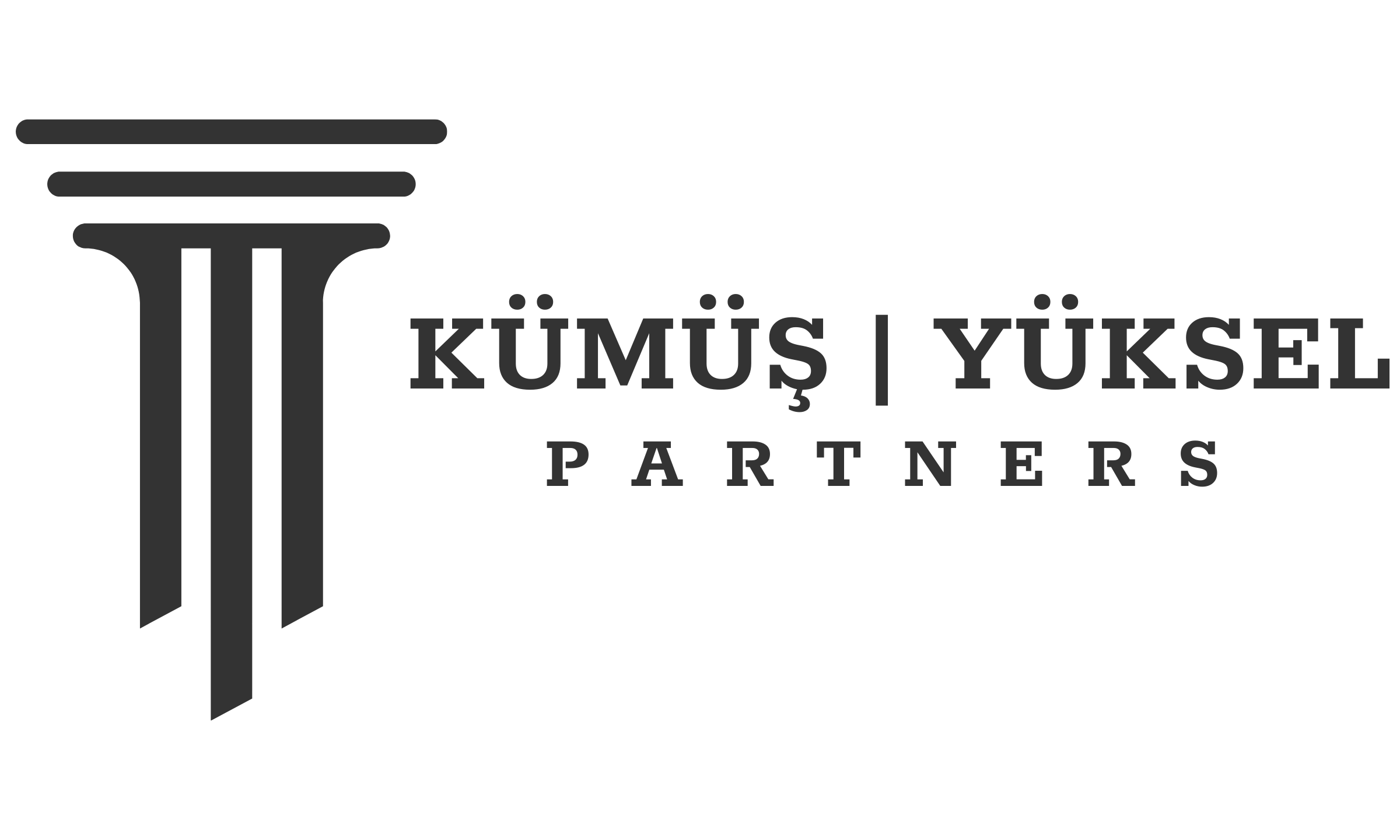ACTION FOR REVOCATION OF DISPOSALS
1. What Is an Action for Revocation of Disposals?
An action for revocation of disposals is a type of civil lawsuit filed to invalidate certain transactions made by a debtor that diminish their assets with the intent to harm the creditor. These transactions — such as gifts, sales at undervalue, or asset concealment — can be annulled if proven to have been made to defraud creditors. As a result, the creditor may enforce collection as though the transaction never occurred.
The primary goal of this lawsuit is to reverse the debtor’s fraudulent asset transfers to ensure the creditor can recover their receivable. It serves as an effective legal tool to protect creditors from the debtor’s bad-faith actions.
2. Legal Basis of Revocation of Disposals
In Turkish law, this type of lawsuit is regulated under Articles 277–284 of the Enforcement and Bankruptcy Law (İİK). These articles detail which types of transactions can be annulled, the required conditions, the parties involved, burden of proof, and relevant time limits.
Additionally, general provisions of the Turkish Code of Obligations and certain provisions of the Civil Code may apply as supplementary norms. Supreme Court (Yargıtay) precedents also provide interpretative guidance.
3. Who Can File the Lawsuit and Against Whom?
3.1 Plaintiff
Any creditor who has initiated enforcement proceedings and obtained a temporary or final insolvency certificate may file this lawsuit. Furthermore, bankruptcy administrations can also initiate this action.
3.2 Defendant
The lawsuit must be filed jointly against the debtor and the third party to the transaction. If both are not included as defendants, the lawsuit may be dismissed due to lack of proper parties.
3.3 Legal Capacity
All parties must have the legal capacity to exercise civil rights. In the case of legal entities, the authority must be exercised through their authorized bodies.
4. Which Disposals Are Subject to Revocation?
Only specific types of transactions can be annulled through an action for revocation, categorized under three main headings in the İİK:
- Transferring assets free of charge
- Sales at token prices
- Donations, grants, or gifts
- Such transactions are grounds for absolute revocation.
4.1 Donations and Donation-like Transactions (İİK Art. 278)
Gifts and transactions that resemble gifts made while the debtor is insolvent are subject to revocation. Examples include:
4.2 Transactions Made with the Intent to Defraud Creditors (İİK Art. 277)
Any act by the debtor intended to defraud creditors can be annulled. The key element here is intent. The plaintiff must prove that the debtor acted with such intent. These cases typically involve transfers to close relatives or transactions made to evade creditors.
4.3 Onerous Transactions (İİK Art. 279)
A transaction involving payment or compensation can still be revoked if it was made for significantly less than market value and the third party was aware of the debtor’s financial condition.
5. Conditions of the Lawsuit
To revoke a transaction, certain conditions must be met:
5.1 Existence of Debt and Inability to Collect
The debtor must actually owe a debt and the creditor must be unable to collect it, typically proven by an insolvency certificate.
5.2 Disposal by the Debtor
The transaction must have been carried out by the debtor. Independent acts by third parties cannot be revoked.
5.3 Fraudulent Intent and Bad Faith
For actions under Article 277, the debtor’s fraudulent intent and the third party’s bad faith must be proven.
6. Burden of Proof and Evidence
These lawsuits involve a high burden of proof. According to the İİK and Supreme Court case law:
- The creditor must prove the existence of the debt and the insufficiency of the debtor’s assets.
- The debtor may argue that the transaction was not intended to harm the creditor and was a routine commercial deal.
- The third party must prove they acted in good faith and in line with market conditions.
Potential evidence includes:
- Notarized documents
- Land registry records
- Enforcement case files
- Witness statements
- Bank records
- Expert reports
7. Legal Consequences of Revocation
If the court rules in favor of the creditor, the transaction is not entirely nullified. Instead, it becomes relatively invalid, only against the plaintiff, meaning:
- The creditor may seize the asset subject to the revoked transaction.
- The asset may be sold via enforcement proceedings to satisfy the debt.
- Only the creditor who wins the case benefits from the ruling; other creditors cannot rely on it.
8. Time Limits and Statute of Limitations
According to İİK Article 284, there is a strict 5-year time limit to file the lawsuit, starting from the date of the debtor’s disposal of the asset. After five years, the lawsuit is barred.
This is a preclusive period — courts must consider it ex officio, even if the parties do not raise it.
9. Conclusion
An action for revocation of disposals is a powerful legal remedy for creditors facing the risk of non-recovery. When a debtor acts in bad faith to conceal or transfer assets, the law provides this means to reverse such transactions.
However, the process is technically complex and requires strong evidence and proper legal strategy. Success often depends on professional legal support and diligent case management.
In conclusion, this lawsuit plays a vital role in balancing the rights of creditors against dishonest debtors and upholding the integrity of debt collection procedures.
